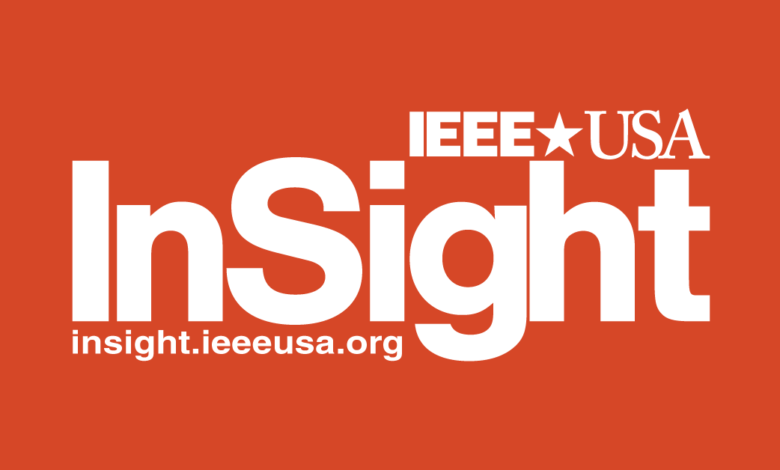
At its final 2009 meeting, IEEE-USA’s Board of Directors adopted, along with others, these new position statements developed by the IEEE-USA’s Licensure and Registration Committee:
Continued Professional Competence of IEEE’s U.S. Members
IEEE-USA recognizes the need for electrical engineering and computer engineering practitioners to maintain their professional competence. To help IEEE’s U.S. members maintain their professional competence, IEEE-USA offers continuing education programs and materials, including technical- and career-related publications and conferences; recommends that employers of engineers actively support and assistant their employees in maintaining technical and professional proficiency; encourages its members to embrace life-long learning by seeking challenging job assignments, and actively participating in format and informal education and training courses, home study and distance-learning mentoring programs, seminars and technical meetings. IEEE-USA also encourages state licensing boards to adopt uniform competency requirements throughout the United States and its territories.
Educational Requirements for Engineering Licensure
IEEE-USA endorses the need for engineering and education to evolve to meet the increasing technical and professional requirements for the practice of electrical engineering and supports the efforts of the National Academy of Engineering to anticipate the future educational needs of electrical engineers. IEEE-USA will work with the IEEE’s Educational Activities Board to ensure that engineering education is consistent with the licensure-related needs of the IEEE’s U.S. members.
Engineering Licensure
In this new position statement, IEEE-USA encourages individuals to pursue engineering licensure, not only as a means of meeting the legal requirements for protecting the health, welfare and safety of the public, but also to ensure that they are prepared to meet the needs of international, national and state engineering practices.
The Use of the Title Engineer
The public interprets the term “Engineer” more broadly than is represented by the protected titles, “Professional Engineer,” “Licensed Engineer,” “Registered Engineer,” or some variation thereof, to refer to individuals licensed in those jurisdictions to practice engineering. IEEE-USA’s position is that individuals in the United States, who have graduated with an engineering degree from an ABET/EAC accredited program of engineering (or its equivalent), should be able to use the title “Engineer.”
To see more IEEE-USA position statements, go to https://ieeeusa.org/public-policy/positions/
Sharon Richardson, Coordinator, IEEE-USA Communications & Public Awareness






